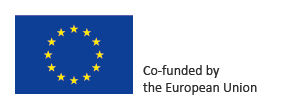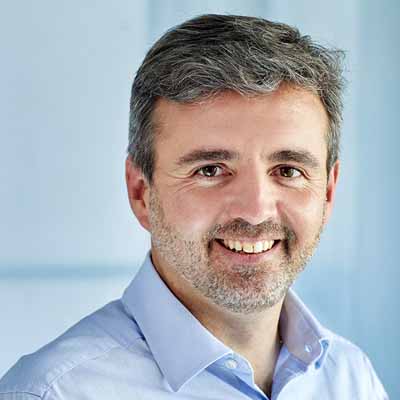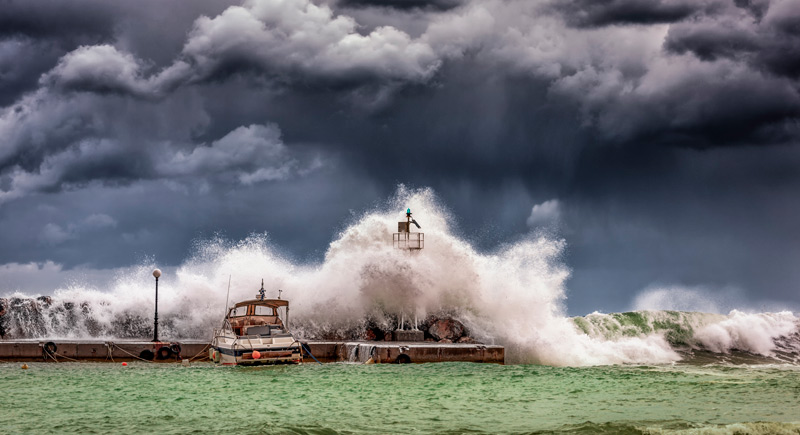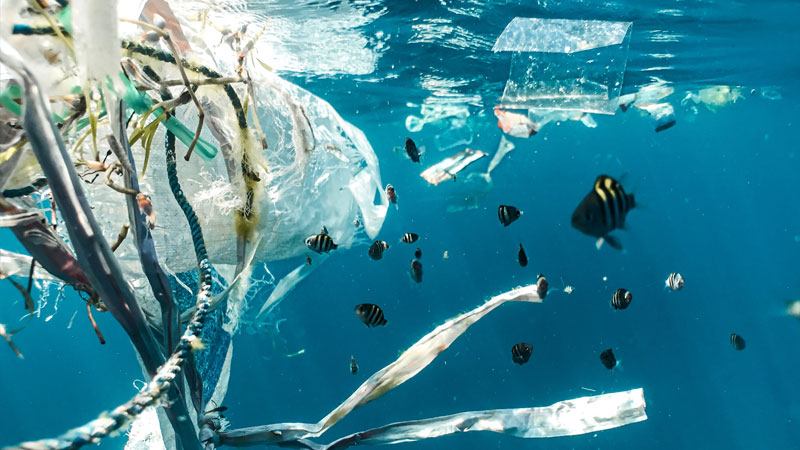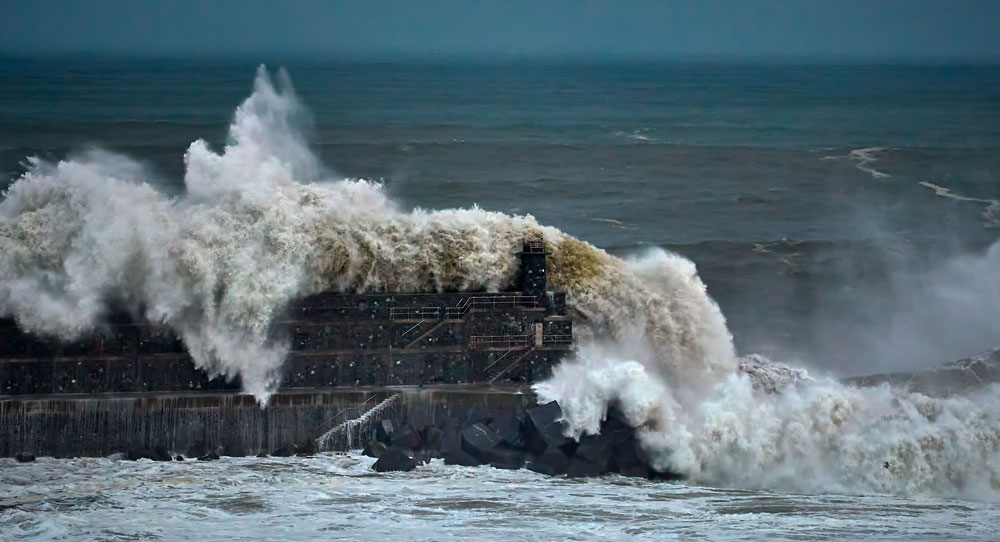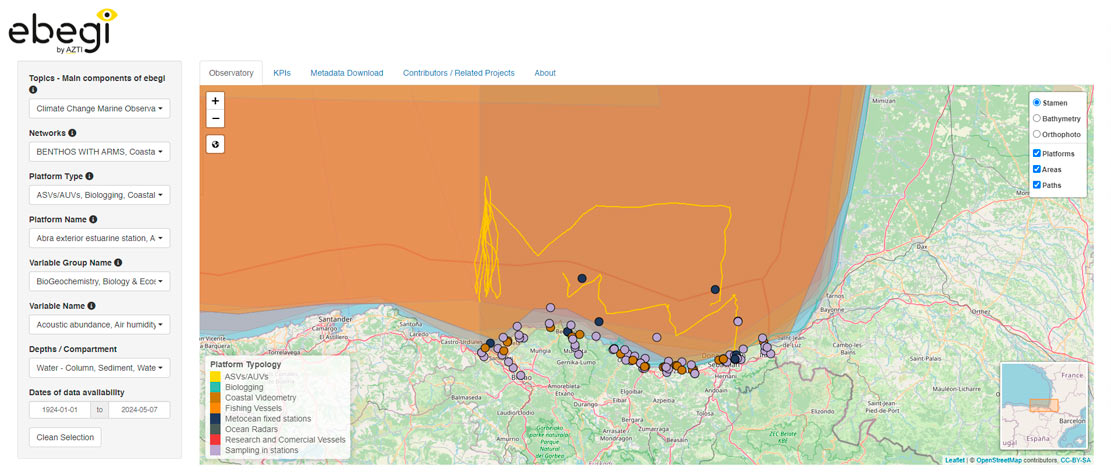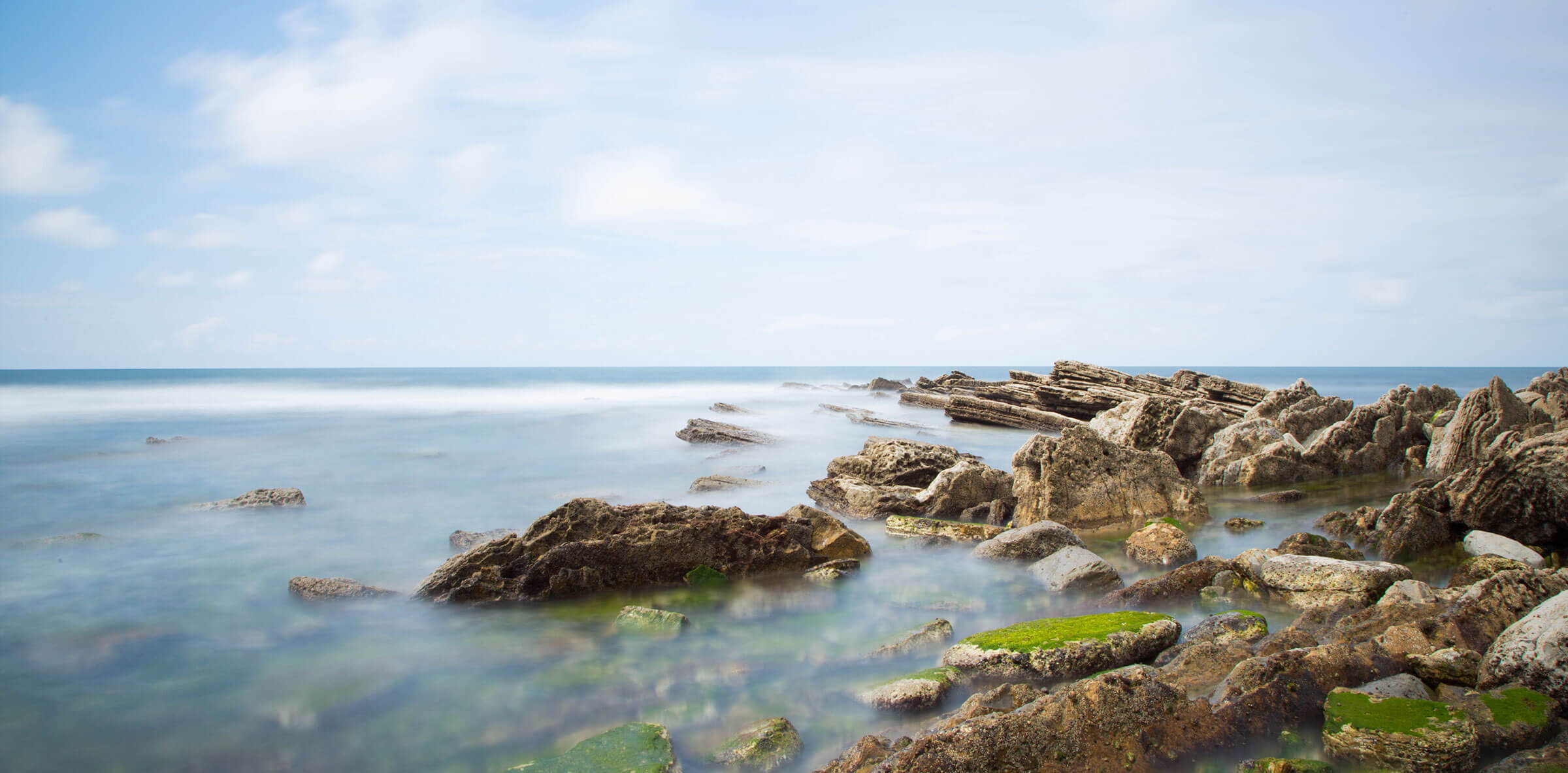EUROSEA
Improving and integrating the European Ocean Observing and Forecasting System
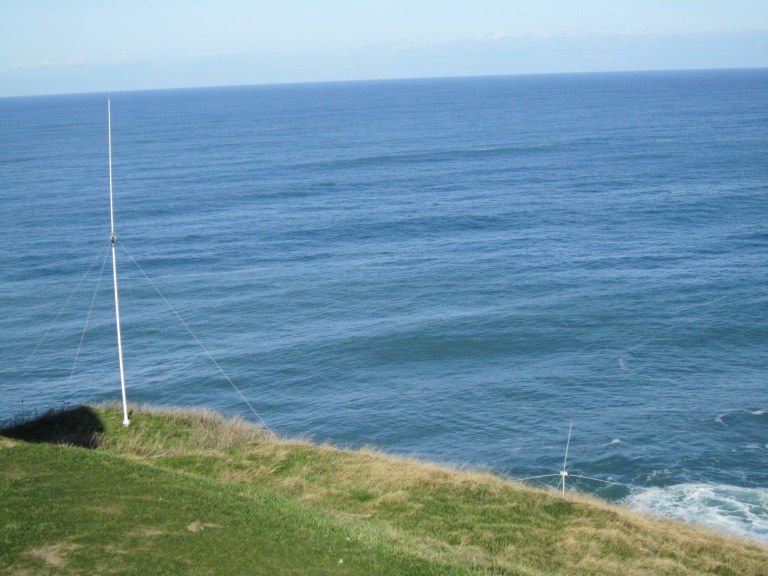
Ocean is a fundamental part of the Earth system. Yet, there are fundamental gaps in our ocean observing and forecasting capabilities, limiting our capacity to sustainably manage our activities and sustain the ocean resources. Ocean observing is big science and cannot be implemented by individual nations. It is necessary to ensure high-level integration for coordinated observations of the ocean that can be sustained in the long term.
EuroSea works to improve the European ocean observing and forecasting system in a global context, delivering ocean observations and forecasts to advance scientific knowledge about ocean climate, marine ecosystems and their vulnerability to human impacts and to demonstrate the importance of the ocean to an economically viable and healthy society.
Vision: Advancing research and innovation towards a user-focused, truly interdisciplinary, and responsive European ocean observing and forecasting system, that delivers the essential information needed for human wellbeing and safety, sustainable development and blue economy in a changing world.
Mission: Co-designing European ocean observing and forecasting services and products that deliver information and support decision-making in the areas of climate, coastal and maritime activities, and ocean health.
Objectives
- Strengthening European ocean observing and forecasting as an integrated entity within a global context;
- Improving the design for an integrated European ocean observing and forecasting system for the European seas and the Atlantic, including the deep sea;
- Improving and enhancing the readiness and integration of ocean observing networks;
- Enabling FAIR data, supporting integration of ocean data into Copernicus Marine Service, EMODnet and SeaDataNet portfolios;
- Delivering improved forecasts and new synthesis products by better use of data in models;
- Developing novel services, demonstrating the value of the ocean observing system to users;
- Supporting integrated, sustainable and fit-for-purpose ocean observing system by engaging with a range of end-users and other stakeholders.
AZTI researchers are mainly involved in WP3 and WP4 with regard to HF radar observation networks and data integration.
Results & achievements
EuroSea has been a paramount stepping stone for more effective, efficient, and impactful ocean observing and forecasting in Europe and worldwide. This holistic approach ensures that every part of the value chain, from data collection to product delivery, is integrated and optimized. Moreover, recognizing the significance of Findable, Accessible, Interoperable, and Reusable (FAIR) ocean data, EuroSea has promoted equitable, open, and fair data services.
The legacy of EuroSea is summarized in over 100 impacts. 32 most powerful impacts are presented in this report – four impacts in each of the eight EuroSea impact areas.
Project Data
| Partners |
GEOMAR (coordinator) and other 54 european Universities, technological centers and institutions |
| Funding |
This project has received funding from the European Union’s Horizon 2020 research and innovation programme under Grant Agreement No 862626 |
| Lenght |
2019-2022 |
| More information |
